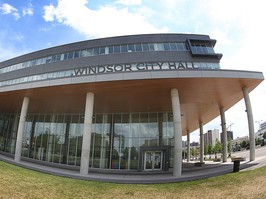“we assumed that when evusheld came out, it would follow a very similar pathway to the vaccine access and to paxlovid,” ayoub goulstone says. “we were incorrect.”
quebec was the first province to issue its recommendation that immunocompromised patients should access the drug. ontario was second, but for reasons ayoub goulstone still doesn’t understand, it did not recommend evusheld for immunocompromised people.
“we objected,” she says. “we had a letter-writing campaign, we wrote to the minister of health, we wrote to public health … but we never we never heard anything. they didn’t give us any reasoning for their decision.”
the ministry of health had not responded to healthing’s request for a statement by press time.
“ontario was kind of an outlier,” ayoub goulstone says, referring to the fact that all of the other provinces recommended evusheld for immunocompromised patients. it’s also the country’s biggest province, with a population of over 13 million people, a number that makes up
nearly 40 per cent of canada’s total population.
‘i’m not the mom that they remember’
for clark and hanson, as covid remains a threat, they continue to make life-affecting sacrifices for fear of getting sick again. while clark feels safe socializing outdoors during the summer, his social life closes up significantly during the winter months. and this christmas, he won’t be seeing anyone beyond immediate family.
 8 minute read
8 minute read










